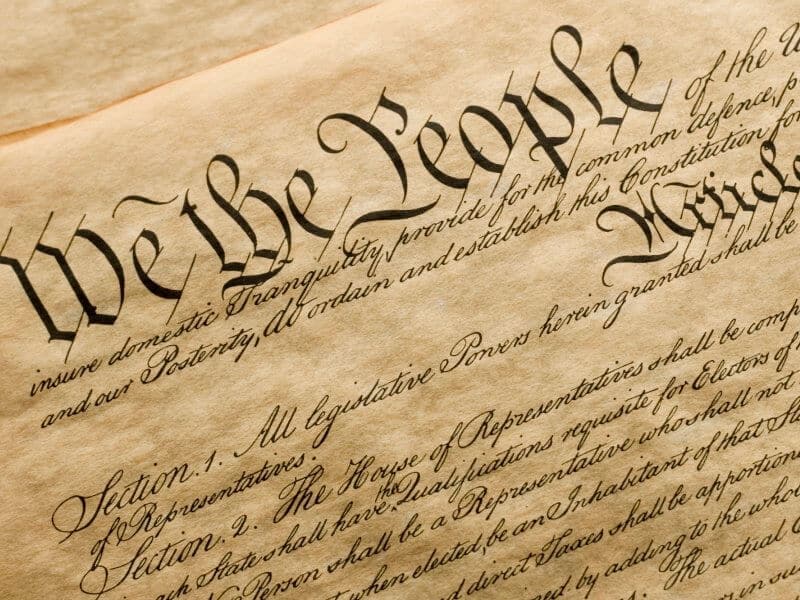In general, the word “conviction” means that, after trial, the jury has returned a verdict of “guilty” on at least one criminal charge. Post-Conviction Appeals Very broadly, the legal phrase “post-conviction appeal” means any effort that occurs after conviction by a jury of one or more criminal charges that seeks to overturn, nullify, or modify… Read More
Criminal Defense
What Do I Do After Being Arrested for a Federal Crime?
If you have been arrested for a federal crime, the first thing you MUST do is stop talking to law enforcement officers and do NOT talk to federal prosecutors. This is true if your arrest came as a surprise or if you had some reason to expect an arrest for a federal crime. You might… Read More
How Long Do I Have to Appeal a Conviction in Georgia?
If you have been convicted of a crime in DeKalb County, GA, you have precisely 30 days to file an appeal (or to file a Motion for a New Trial, which will extend the time for filing an appeal). Starting a Georgia Post-Conviction Appeal The process for starting the Georgia criminal post-conviction appeal process involves… Read More
My Case is Going to a Grand Jury. What Does That Mean?
An important role of the federal criminal process is the grand jury. The main purpose of a grand jury is to decide whether an individual should be charged (or “indicted”) with a specific crime, usually only serious crimes. Because of the purpose of this proceeding, it is usually one of the first procedures in a… Read More
Can a Parole Board Decision be Appealed?
Parole plays a role in the lives of many convicted individuals. The purpose of parole is to help a previously incarcerated person resume life in society under the guidance of a parole officer. Two of these elements include helping a person with housing and employment-related issues. Additionally, parole serves the purpose of protecting society from… Read More
What is Appellate Jurisdiction?
Breaking Down Appellate Jurisdiction Appellate jurisdiction refers to the ability of an appeals court to review and make decisions on cases heard by trial courts as well as other types of “lower” courts. To navigate appellate court cases, many people find it vital to obtain the assistance of an experienced appellate lawyer. It also helps… Read More
Suppressing Evidence Made by a Co-Defendant
In cases that involve many individuals who are charged with the commission of the same crime, it has increasingly become a problem for one person’s legal counsel to hear incriminating statements about the person from another individual who was involved in the offense. Fortunately, the Bruton doctrine can be used to suppress these statements. If you… Read More
The Exclusionary Rule Exceptions
Pre-Sentence Report The exclusionary rule states that illegally-obtained evidence and statements obtained through an illegal interrogation, in violation of the Fourth, Fifth, or Sixth Amendment of the United States Constitution, are inadmissible at the criminal trial of a person whose rights were violated. In basic terms, the illegally obtained evidence cannot be used against the… Read More
“Spread Eagle Order” Case is Proof That Criminal Defendants Should Never Stop Fighting for Their Rights
If you are arrested and charged with a crime, the criminal defense and post-conviction appeal team, here at the Federal Criminal Law Center, insists on the rule that the criminally accused should NEVER EVER stop fighting for their constitutional rights. Why? First, if your rights are vindicated, you retain your freedom and clean record. Second,… Read More
What is “Reasonable Suspicion” and How Might it Help Your Criminal Defense or Appeal?
Generally, persons are protected by the Fourth Amendment of the US Constitution against “unreasonable searches and seizures.” This means that, before law enforcement officials can conduct a search or seize potential evidence or arrest an alleged criminal (seize the body of the person), law enforcement officials must obtain permission — approval — from a judge…. Read More











